community/life
-
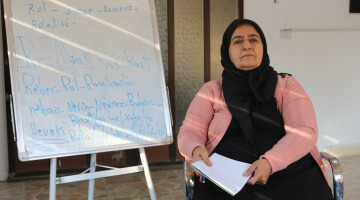
She learns how to read and write in Kurdish after 60
60-year-old Behiya Murad has realized her dream of being able to read and write in Kurdish. She calls on all people to protect their mother language and their existence.
-
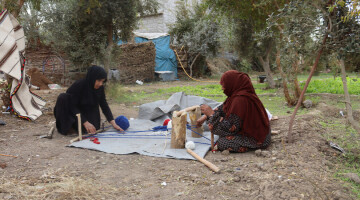
She weaves wool for 40 years
Şemsa El Hemûd learned how to weave wool from her mother when she was a child. Now she teaches young people how to weave wool to preserve this culture.
-
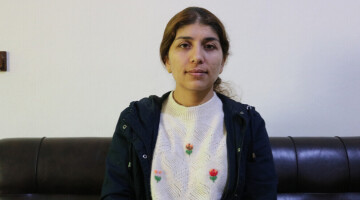
Sozdar Şêxo: We are stronger than before
Sozdar Şêxo, co-chair of the Euphrates Region Internal Affairs Council, spoke about the ongoing Turkish attacks on NE Syria, stressing that the aim of the attacks is to destroy the achievements of women.
-
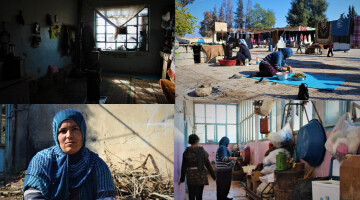
‘I will resist so that my children will live in their hometown’
The story of Fatima El-Elî is one of the stories of displaced people of Afrin and Dêrik. She says she will resist so that her children will live in their hometown.
-
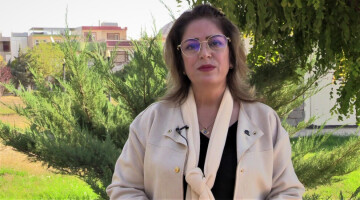
Sulaymaniyah: Families borrow money for their children's education
Kurdish teacher Nesrin Ahmed draws attention to discrimination and injustice in the education system of the Kurdistan Region.
-
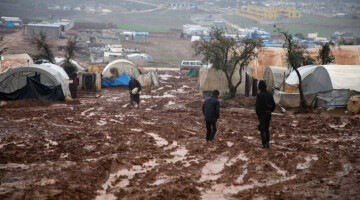
Children trying to hold on to life in occupied Idlib
Children, who have been left with physical and psychological disabilities because of the war, try to hold on to life in IDPs camps in Idlib, which is under the control of the invading Turkish state and Turkey-backed factions.
-
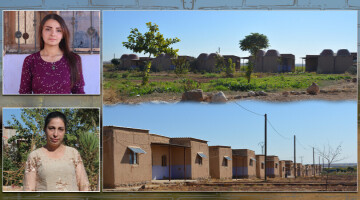
Women build common life in Jinwar
Speaking about the Internation Day for the Elimination of Violence against Women, the women living in the village of Jinwar, an all-women village, said that women must struggle against all forms of violence.
-
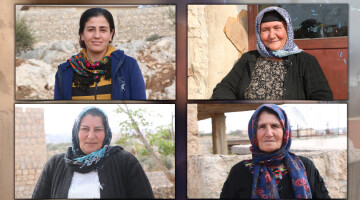
Resistance becomes lifestyle for people living in Sherawa under constant Turkish attacks
The residents of Sherawa town of Afrin live under constant attacks by the Turkish state and Turkey-backed factions. They say they will never leave their hometown and resist all kinds of attacks.
-
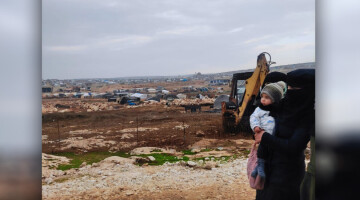
Difficult living conditions force displaced women to return to cities in the line of fire
Displaced women in Idlib have to return to cities and towns, where are in the line of fire due to the difficult living conditions.
-
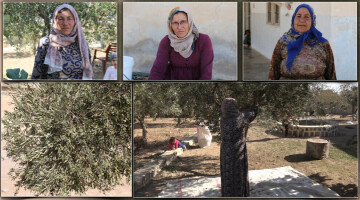
Lack of rainfall affects olive farming in Kobanê
The lack of rainfall has caused a serious decrease in the quantity of olives, which are the main source of income for the people of Kobanê. The farmers say they did not have a good olive harvesting due to the lack of rainfall and high prices of pesticides
-
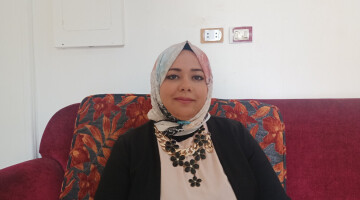
Women living in Cairo: We should realize our dreams despite obstacles
Lawyer Heidi Adel and Zainab Jamil are two women living in Cairo whose dreams were taken away from them. They say that women should realize their dreams despite obstacles.
-
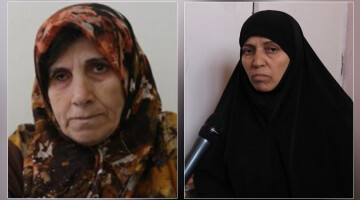
Women of Tabqa: Children victims of war must be supported
There are more than 1.2 million orphans, who are victims of the Syrian war. The women, who lost their relatives in the attacks of ISIS, call for help to support the children victims of the Syrian war.
-
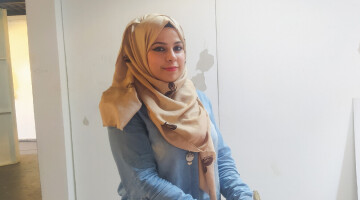
Gazan artist addresses social issues in her artworks
Palestinian young artist Halima Al-Kahlout (27) addresses social justice and issues in her artworks.
-
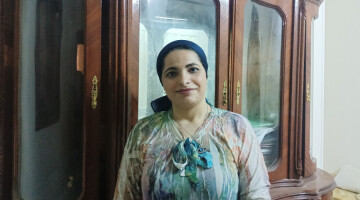
Egyptian women demand tougher penalties for FGM
Female genital mutilation (FGM) has been a longstanding tradition in Egypt. Some women and girls die while undergoing FGM while some suffer from long-term physical and psychological consequences.
-
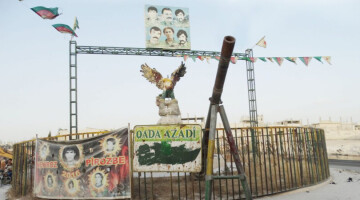
“If the eagle stands, Kobanê will not fall”
The eagle statue in Kobanê's central Freedom Square is a symbol of the resistance against ISIS atrocities.
-
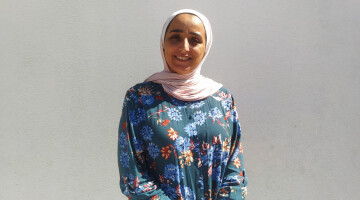
“Be strong”: Humanitarian initiative to support marginalized women in Gaza
AISHA Association for Woman and Child Protection is an independent Palestinian women organization, providing legal, psychological and social support to women victims of violence.
-
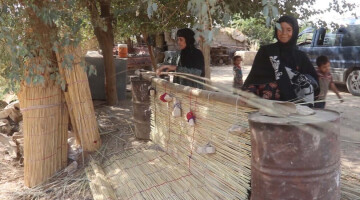
Women of Deir ez-Zor make living by reeds
Women living in the rural areas of Deir ez-Zor collect reeds on the shores of the river and use them to make many handicraft products.
-
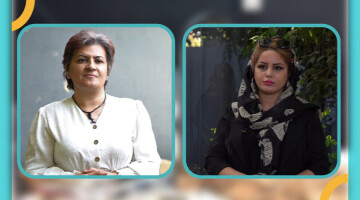
Occupation policies and unemployment force young people to migrate
The occupation policies of the Turkish state in the Kurdistan Region cause many problems. The young people, who cannot find a job and do not feel safe in the region, try to go to other countries.
-
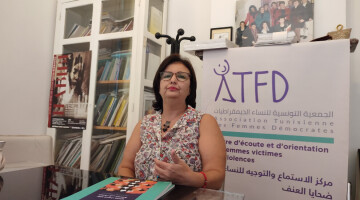
Safe space for women in Tunisia: Listening and Orientation Center for Women Victims of Violence
The Listening and Orientation Center for Women Victims of Violence established by the Tunisian Association of Democratic Women (ATFD) provides psychological and legal support to the women victims of violence.
-
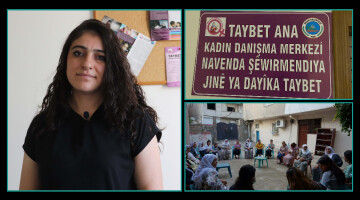
Mother Taybet Women's Counseling Center reaches hundreds of women in two years
The Mother Taybet Women’s Counseling Center in the Silopi district of Şırnak has become the shelter of women in the district. The center, which has received more than 50 applications from women victims of violence, aims to reach more women.
